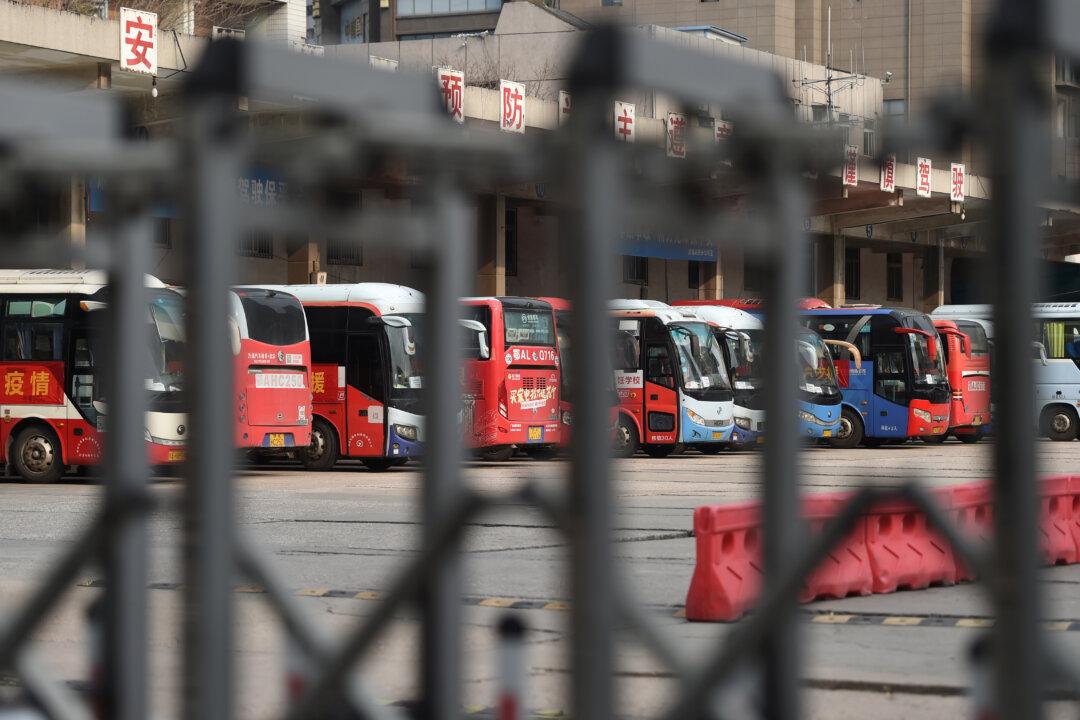Baoding, a Chinese city about 90 miles south of Beijing with a population of ten million, suspended several bus line services due to the financial crisis of municipal governments in the wake of three years of pandemic control under the communist party’s Zero-COVID policy.
In a question-and-answer section of local bus services, the authorities responded to a resident’s inquiry about when the suspended bus line will be resumed.




